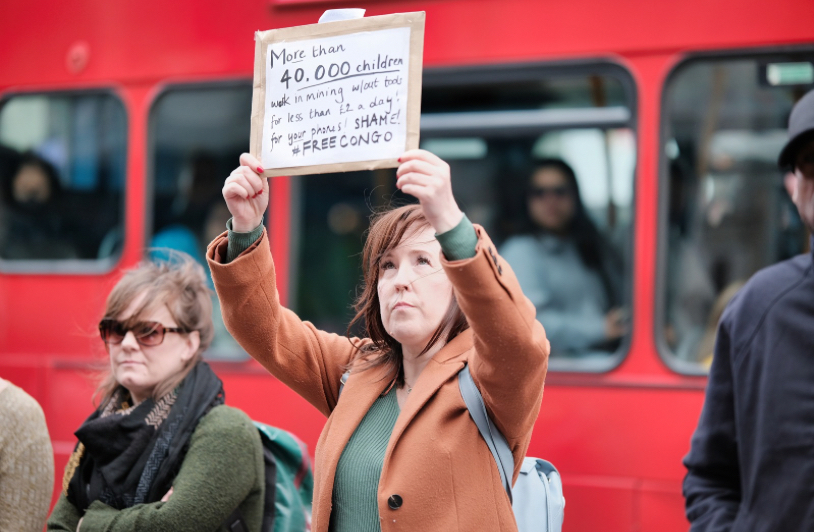Children in the Democratic Republic of Congo Are Suffering for Profit
Beginning in 2020, the U.S. Departments of Energy and Interior have maintained a list of the most crucial minerals to key advancements in commercial and defense endeavors in the U.S. That number now nears 50 and includes cobalt, which is a primary component of lithium-ion batteries used for electric vehicles and other green energy products.
Two-thirds of all cobalt in the world is currently found in the Democratic Republic of Congo (DRC), but it — as well as other valuable natural resources — needs to be mined and transported. Access to and use of these natural resources is a lucrative business for outsiders, at least. According to the International Monetary Fund, IMF, “Global revenues from the extraction of just four key minerals —copper, nickel, cobalt and lithium — are estimated to total $16 trillion over the next 25 years.”
Despite its wealth of natural resources, the DRC is among the five poorest nations worldwide, with the average Congolese citizen living on only $2.15 per day. To make matters worse, the people of DRC are paying the highest possible price, as other nations scramble for access, control and profit.
Today, the People’s Republic of China (PRC) dominates industrial mining in the DRC. The result? China’s sales of electric vehicles tripling between 2021-2022 to $3.3 million, equalling half of the $6.6 million global electric vehicle sales over the same time period. The mines are manned by armed groups and smugglers, and the workers in these mines are predominantly children and forced laborers.

As of 2024, according to the United Nations, more than 40,000 children are working in hazardous conditions in cobalt mines in the Katanga District alone. Not only are these children and forced laborers extracting cobalt — which is toxic to breathe near and touch — they are doing it without adequate safety and extraction gear, subject to untold living conditions and physical and sexual abuse.
Colonialism in the Congo, quite clearly, isn’t just something that happened in the past. It is happening now. As was the case when King Leopold of Belgium colonized Central Africa in 1885 and severed people’s hands for failing to produce enough rubber.
Congolese people are suffering now while foreign powers enslave people for profit.
This is part 1 of an ongoing series by DCReport’s Karl Von Weissenbeck, speaking on untold stories and tragedies in Africa and beyond. This series will continue to provide pieces of information and opinion that the legacy media often overlooks, while also speaking with humanitarian professionals and experts moving forward.




